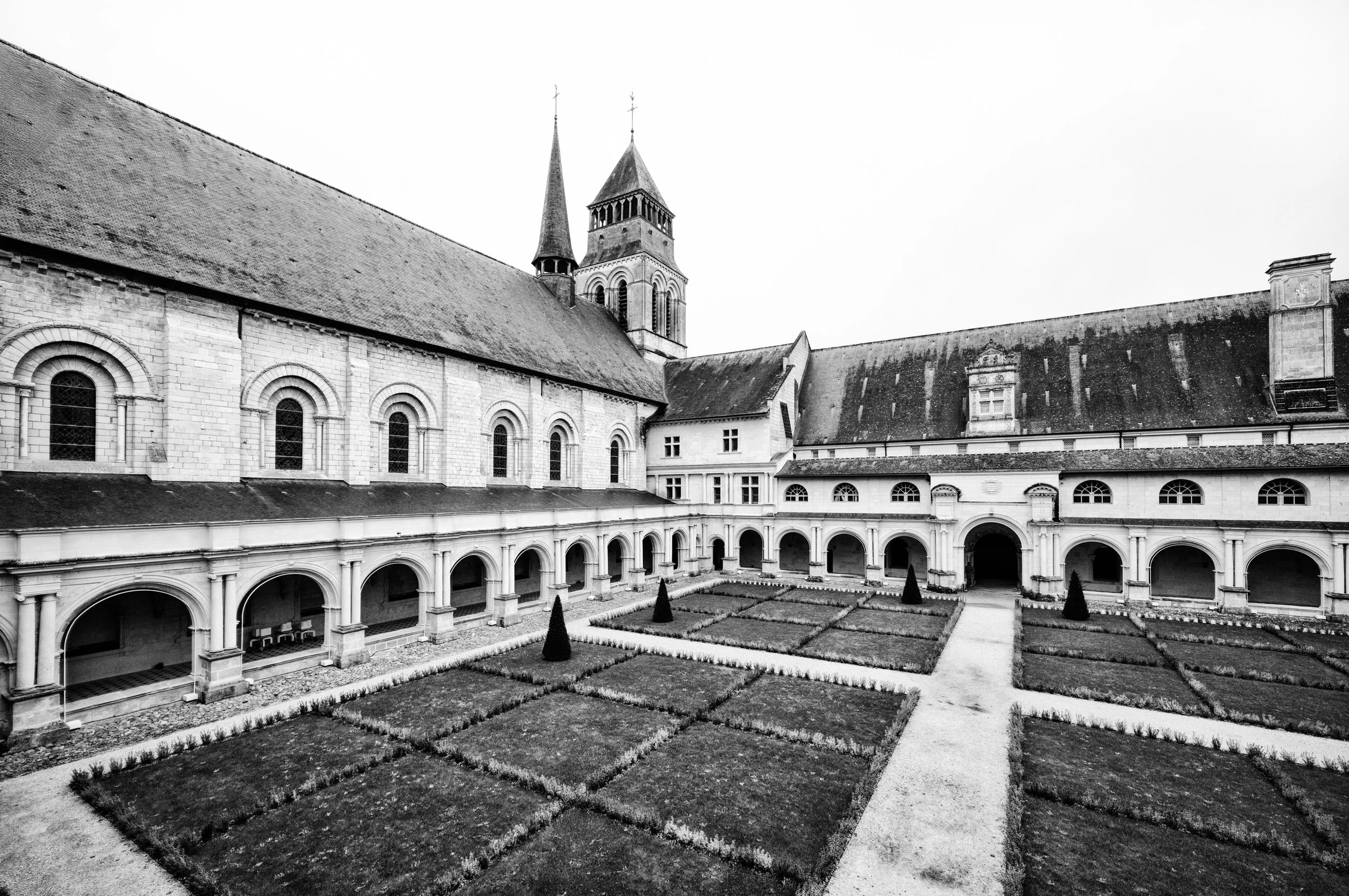Jean Genet’s Miracle of the Rose (1946) is a semi-autobiographical novel that merges memory, desire, and mysticism with the brutal realities of prison life. Written while Genet was incarcerated in Fresnes Prison in the 1940s, the novel recounts his time at the Mettray Penal Colony, where he was sent in 1926 at the age of 15, and his later imprisonment at Fontevraud l'Abbaye, a former monastery converted into a prison in 1804. Originally founded in 1101 as a religious order, Fontevraud had housed monks, nuns, and even the tombs of Plantagenet royalty before becoming one of France’s most notorious penal institutions. By the time Genet was imprisoned there in the 1930s, it had become a place of harsh punishment, its monastic past casting an eerie presence over the lives of its inmates.
Genet’s troubled youth set him on a path toward crime and incarceration. Abandoned by his mother as an infant, he grew up in foster care before being sent to a reformatory for theft at age 15. His criminal record, marked by theft, fraud, desertion, and vagabondage, led to repeated prison sentences throughout the 1930s. Rather than seeking redemption, Genet embraced his outlaw identity, viewing crime as an act of defiance against a society that had rejected him.
In Miracle of the Rose, Genet transforms these prison experiences into a poetic and almost sacred vision of suffering and transcendence. Central to the novel is Harcamone, a fellow prisoner sentenced to death, whom Genet elevates to a saint-like figure. Through dreamlike prose and nonlinear storytelling, he challenges conventional morality, turning crime, love, and punishment into elements of a spiritual journey. The novel, published in 1946, was one of several works that contributed to Genet’s growing literary reputation. His literary success, along with a petition led by Jean Cocteau and Jean-Paul Sartre, led to his final pardon by President Vincent Auriol in August 1949, securing his release from prison.
Blurring the lines between autobiography and myth, Miracle of the Rose remains one of Genet’s most provocative works, reimagining imprisonment as a space of eroticism, martyrdom, and transformation.
Fontevraud Abbey.



